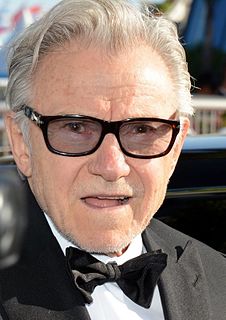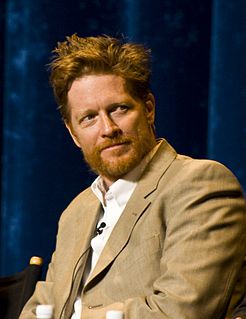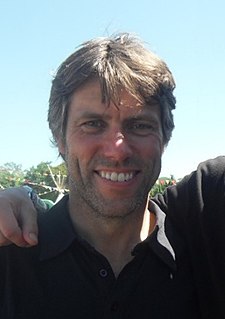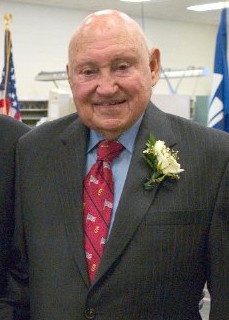A Quote by Harvey Keitel
It's always a pleasure to see John. I'm fond of telling people that when I was a young actor in NY and had no work ,no money, you know the story because you're heard it before.
Related Quotes
When an acting teacher tells a student 'that wasn't honest work' or 'that didn't seem real,' what does this mean? In life, we are rarely 'truthful' or 'honest' or 'real'. And characters in plays are almost never 'truthful' or 'honest' or 'real'. What exactly do teachers even mean by these words? A more useful question is: What is the story the actor was telling in their work? An actor is always telling a story. We all are telling stories, all the time. Story: that is what it is all about.
I never wanted to be an actor. My dad was an actor, and he never brought joy home, so I didn't view it as something that I would want to do. But I got fired as a secretary, and then I started studying, I started doing it just to earn money. And it took me a long time to learn to love it. And what I loved was telling a story. I tried to avoid making plays or films that weren't telling a story that I felt was important. I discovered in the process that it makes you more empathic because you have to enter someone else's reality and learn to see through many other people's eyes.
. . . you did not seem to me over-fond of money. And this is the way in general with those who have not made it themselves, while those who have are twice as fond of it as anyone else. For just as poets are fond of their own poems, and fathers of their own children, so money-makers become devoted to money, not only because, like other people, they find it useful, but because it's their own creation.
We've always had the blame-America crowd. We've always had the hate-America crowd. But we've now had at least two generations of education where this has been indoctrinated into the young skulls full of mush of young people. They've heard how horrible America was back in the days of slavery. They've heard how horrible America treated women. They've heard how horrible every minority group was treated. They've heard how mean-spirited the founders were. They've heard all kinds of literal lies.
But I've always felt that the less you know about an actor's personal life, the more you can get involved in the story in which he's playing a character. And I don't like to see movies where you know about everything that happens behind the scenes. I can't engage in the story if I know what's going on in the actor's head.
When I made my first film, I had hardly ever seen a camera before, and I was a young man when I arrived in Paris from the suburbs. At the time, I didn't talk much. I was very shy, so the bluff served me. I was telling people that I had no money, and that I knew how to make films, but I had no proof.
This is our story to tell. You’d think for all the reading I do, I would have thought about this before, but I haven’t. I’ve never once thought about the interpretative, the story telling aspect of life, of my life. I always felt like I was in a story, yes, but not like I was the author of it, or like I had any say in its telling whatsoever.
I think that people have to have a story. When you tell a story, most people are not good storytellers because they think it's about them. You have to make your story, whatever story it is you're telling, their story. So you have to get good at telling a story so they can identify themselves in your story.




































